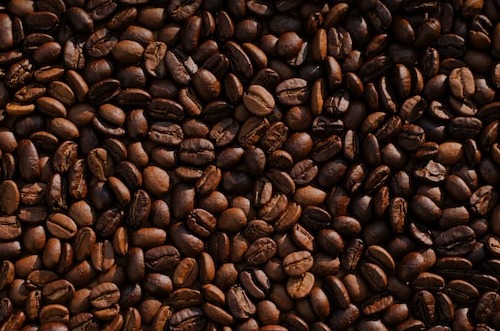
In W28 in the coffee landscape, Arabica coffee prices experienced fluctuations during the week. On Monday, July 10, Sep-23 contracts were down 0.7% to 159.85 cents/lb due to the progress of the Brazilian harvest. Similarly, on Tuesday, July 11, Arabica futures for the Sep-23 contract was down 230 points, trading at 157.55 cents/lb, hitting the lowest level for the main contract since January 23, as the coffee market continues to be pressured by the advance of the Brazilian harvest. On Wednesday, July 12, Arabica's price for the Sep-23 contract was down 55 points, trading at 157 cents/lb as the harvest in Brazil has already exceeded 40% in the main areas. By area, the region of São Paulo is the most advanced, with 57.17% of the harvested area, followed by the south of Minas Gerais with 52.22%, Mata de Minas with 50%, and Cerrado Mineiro with 27.59 % harvested area. However, on July 13, prices rebounded slightly by 60 points to 157.60 cents/lb due to a drop in coffee exports from Brazil, and on July 14, Arabica coffee closed with a 2.0% increase to 160.8 cents/lb.
Robusta coffee prices also experienced fluctuations during the week. Coffee futures prices for Sep-23 contracts were down by USD 45/mt to USD 2576/mt on July 10, while on July 11, Robusta futures dropped USD 6/mt to USD 2570/mt. This is due to concerns about supply shortage from Asia, mainly as Vietnam's coffee output at the end of 2023's harvest is forecast to decrease by about 10%. On Wednesday, July 12, Robusta futures dropped further to USD 2534/mt. However, on Friday, July 14, prices rebounded slightly, with the Sep-23 contract closing up to USD 2540/mt, representing a 0.6% increase.
In May, coffee bean exports from ICO member and non-member countries increased by 1.4% to 10.69 million 60kg bags compared to the same month in 2022. However, accumulated exports for the 2022/23 season between October and May declined by 5.1% to 83 million bags compared to the previous season. Arabica coffee shipments for the 12 months to May decreased to 75.05 million bags, while Robusta coffee exports remained relatively stable at 48.93 million bags. The United States Department of Agriculture (USDA) forecasts a 4.3 million bag increase in world coffee production for MY 2023/24, reaching 174.3 million bags, with higher production in Brazil and Vietnam offsetting reduced production in Indonesia. Global consumption is projected to reach a record 170.2 million bags, leaving ending stocks at 31.8 million bags. Furthermore, the USDA predicts a drop in Indian coffee production to 5.8 million bags due to unusual weather.
In the 2022/23 crop year, Brazil's total coffee exports, including industrialized products, declined by 10.2% to 35.6 million 60kg bags due to climate adversities affecting two consecutive lower harvests. However, revenue remained nearly stable at USD 8.135 billion. The harvest of the 2023/24 Brazilian coffee crop reached 52% by July 4, an increase of 7% WoW, ahead of the same period last year's 48% but below the 5-year average of 56%. Thus, 34.72 million 60kg bags have already been harvested out of a total harvest estimated by SAFRAS & Mercado of 66.65 million bags for 2023/24. Moreover, Brazilian coffee bean exports in July 2023 totaled 660,773 bags of 60kg, generating revenue of USD 139.703 million with an average price of USD 211.42 per sack. In Vietnam, coffee exports for the first half of 2023 declined by 2.2% from the previous year to 1.02 million metric tons, equivalent to 17 million 60kg bags.
In 2023/24 Ethiopian coffee production will reach 8.35 million 60kg bags, a slight increase from the 2022/23 revised estimate of 8.27 million bags. Exports are forecast to reach 4.83 million bags, an increase over the 4.82 million estimated for 2022/23. Germany is projected to remain the top importer of green Arabica coffee from Ethiopia, followed by Saudi Arabia, Japan, the United States, and Belgium. Lastly, in Tanzania, coffee production is anticipated to increase by more than 20% in 2023/24 MY, thanks to improved weather conditions and successful government efforts since 2018 to enhance coffee plant productivity. Additionally, Tanzanian coffee exports are expected to rise by approximately 13% to 1.27 million bags, representing approximately 94% of the total annual production volume.